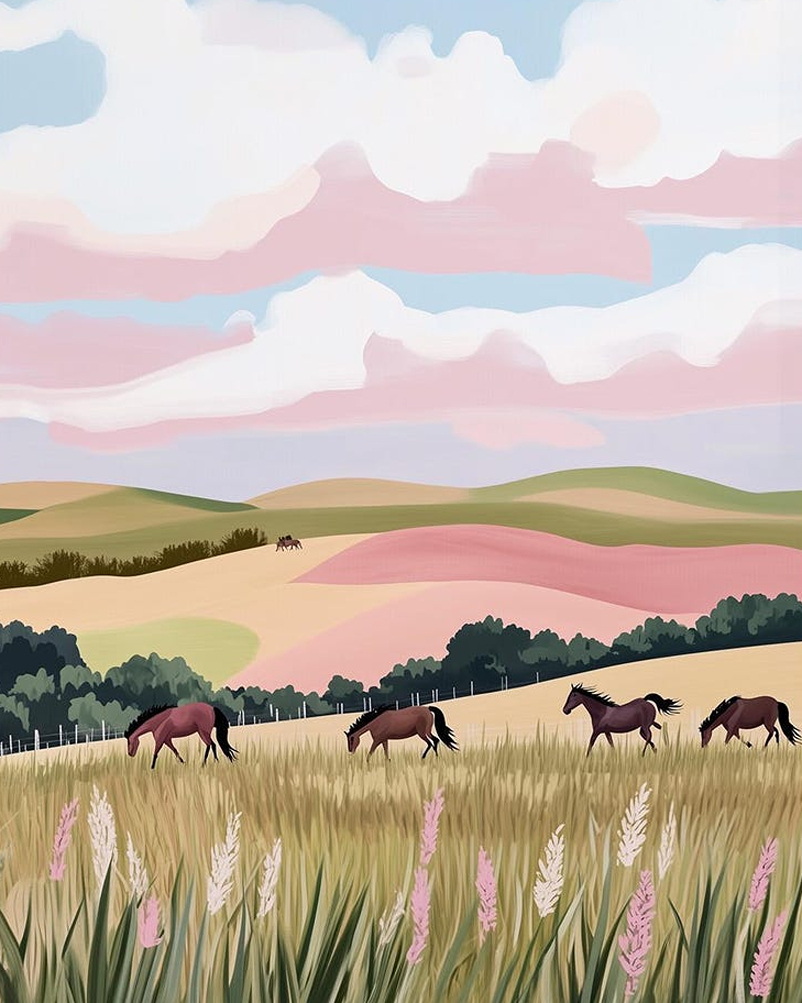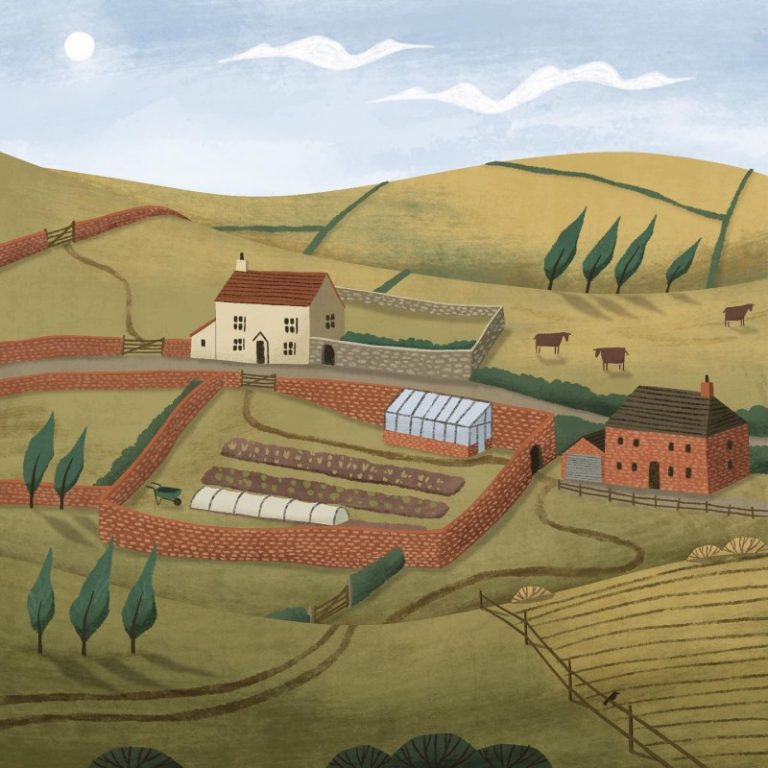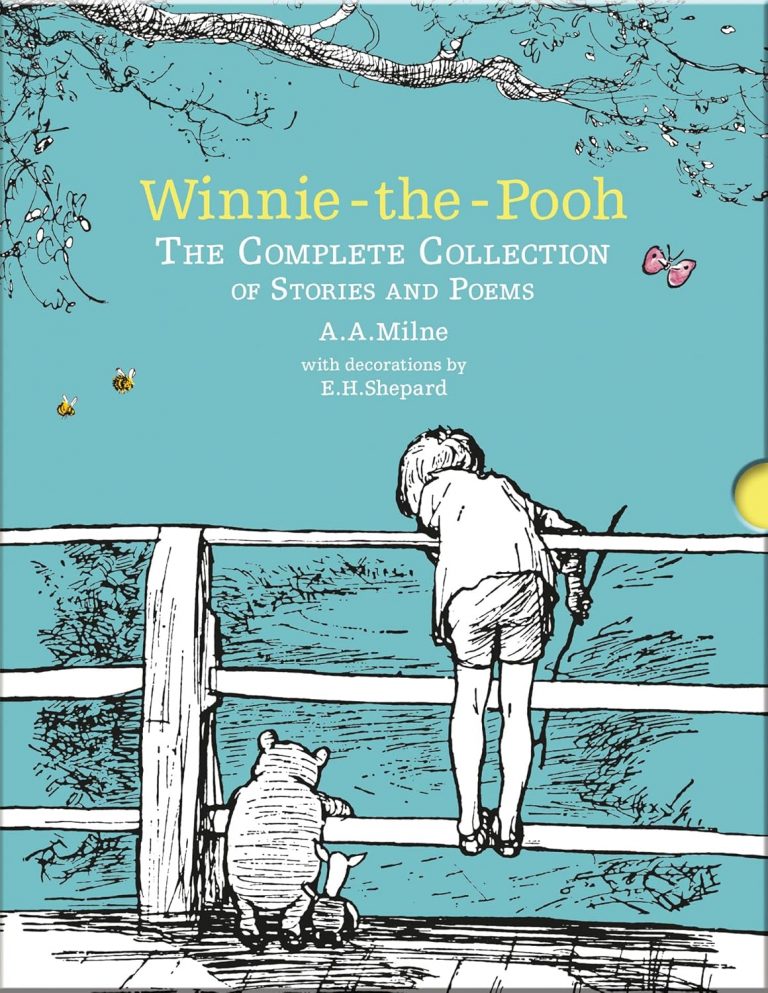
In her book The Power of the Herd, Linda Kohanov observes that horses have a huge amount to teach politicians (and business leaders) on how to ‘lead’. Although dogs and wolves work very well as pack animals, humans not so much!
This kind of ‘world domination’ mentality leads to tyrants, narcissists and a kind of ‘nasty man’ politics that ends up doing far more harm than good. Instead, politics could learn from horses, that live peacefully within herds, using social intelligence and quiet markers to look out for each other, without arguments or dominance.
This is what happens in Switzerland, where rather than ‘one top leader’, the country is mostly run by a panel of people, who hold regular referendums when any law is due to be changed. As a result, it’s a litter-free low-crime country, with good human rights, environmental and animal welfare laws. It’s not a member of the EU, and never goes to war.
In every age, it has been the tyrant, the oppressor and the exploiter, who has wrapped himself in the cloak of patriotism or religion (or both) to deceive and overawe the people. Eugene Victor Debs
Horses mutually groom each other to lower stress, and build bonds. Different horses scan for danger in turns. And while some check, others can relax. Horse herds ensure the most vulnerable are buffered, and roles shift with need. For instance, one horse may lead a move to water, while mothers watch over foals. And older geldings keep order ‘at the edges’.
Horses Build Trust (without dominance)
Horses use signals to say ‘I am aware and I am steady’. They never use signals to mean ‘Do what I say’. A small ear pin or a step aside, ends quarrels before they spark. Horses remember who restored calm, rather than who forced a win – or started or won a war?
Empathy is used in horse herds, but not for sentimental reasons. More practical ones. A confident horse can lead steadiness to a nervous one. A panicked horse could drain a group in seconds. Compare that to human politics, where leaders often panic or depress or bully others, which then makes things ten times worse.
How many times have you seen an MP interviewed about a problem that people are worried about. And the answer is always ‘our problem is that we have not been able to make the public understand…’
Herd Mentality in Politics
Herd mentality in humans can sometimes not be good. Look at how many intelligent people are now listen to climate science denying politicians, despite the end result of ignoring the Paris Climate Agreement being a possible end of the world?
MPs are not climate scientists (and are not getting their information from climate scientists), and have not been talking to rewilding experts son how to prevent floods. Yet people listen to them, because it’s easier to ‘follow the herd’.
How many times have you heard of someone always voting for political parties, due to their parents and grandparents voting the same way? Loyalty is based on emotions and campaigns, rather than true and trusted information.
It would be far better than party conferences, to create manifestos in plain English, and pop them through every household’s letterbox. Each voter could then learn of the policies of each party, and go to the ballot with facts. Not voting from fear or populism or media bias.
Fear-based leadership also leads to blame. Any criticism to a Labour MP is met with a response that ‘after 14 years in power with the Tories etc’. Horses don’t blame. They use social intelligence to get jobs done, for the benefit of the herd. This is leads to more accurate and better choices.
‘Horse wisdom’ means active listening. Repeat what you heard, then respond. Instead, we have MPs that shout insults at each other in the Houses of Parliament, or have warring MPs on TV. Often talking over each other, so nobody can hear what anyone is saying.
The media could help, by showing in-depth interviews with MPs, alongside experts in their field. A few examples:
Nigel Farage and a real expert on ‘the boats crisis’, with possible solutions. Let both speak, and tell the public why they agree or don’t with the other side.
Kemi Badenoch and a climate scientist. The scientist could explain why he or she is concerned at Kemi’s plans to tear up climate regulations, and she could respond. And vice versa.
Sir Keir Starmer could be interviewed alongside an aid worker in Gaza, who asks why he and his party is funding arms sales. Which result in aid workers being killed, or helping children and animals being bombed.
These would be intelligent interviews, where people could listen to both sides of the story. Then make up their own minds on how to vote. Based on truth, trust and information. Not just a few unanswered soundbites on ‘Question Time’. Which is usually just 45 minutes of hot air.






